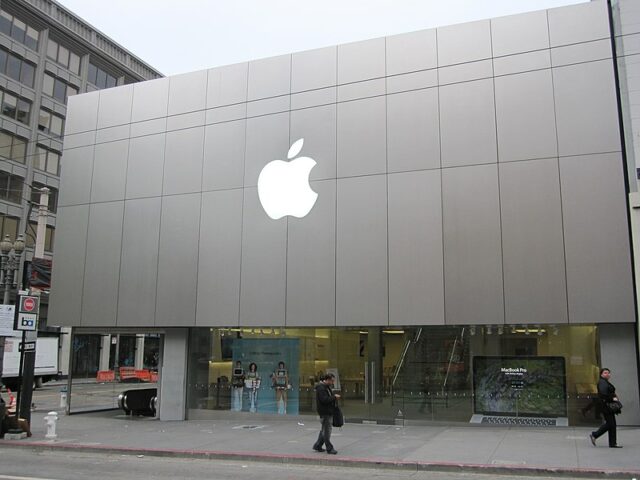Zhiwei Allen Liao, a Chinese resident of the US, has been sentenced to 51 months or a bit more than 4 years in prison for running a counterfeit scam that cost Apple over $6 million.
Liao, working with his two brothers, ran a complex operation involving fake iPhones and iPads imported from China. They would affix genuine Apple serial numbers onto the counterfeit devices to fool Apple’s warranty system.
Hundreds of accomplices were then recruited to return the fake devices to Apple stores, claiming they were not working under warranty. Due to the legitimate serial numbers, Apple replaced the counterfeits with real products per their customer service policy.
These authentic iPhones and iPads, valued at over $6 million total, were shipped back to China and sold for profit. Liao carefully managed this international trafficking network for years to evade detection.
Their previous Apple scam pulled in around $1 million, showing this was not a first offense. Judge Cynthia Bashant slammed Liao as the leader of a vast criminal operation breaching corporate and consumer trust.
The San Diego Police Department and FBI collaborated in taking down the ring. Special Agent Stacey Moy called it a landmark case against global counterfeiting that costs legitimate businesses millions annually.
The sophisticated scheme highlights vulnerabilities in warranty policies that companies are now working to address. Liao’s nearly 4-year sentence sends a message that complex fraud schemes will not go unpunished. He will likely be deported to China after his sentence.
“I think China is really opening up, and I’m so happy to be here,” Apple CEO Tim Cook was quoted as saying in interviews to local Chinese media during a visit to the country earlier this month.
“This was a massive, sophisticated fraud that victimized not only Apple, Inc., but thousands of Apple product owners across North America,” said U.S. Attorney Tara McGrath. “Theft of intellectual property and the sale of counterfeit goods are growing global problems with serious economic implications.”
Liao, 32, and his brothers ran the counterfeiting ring out of Southern California. They imported fake devices from Guangzhou, China and had collaborators spread across the US.
An estimated 500-1000 accomplices were used to return counterfeits to Apple stores, making it difficult for the company to detect the scheme. Store employees had no reason to suspect fraud.
In addition to financial losses, Apple’s brand and customer trust were seriously damaged. Counterfeits can pose safety and quality issues compared to genuine products.
The FBI investigation, called “Operation Apple Rustler”, began in 2020 after Apple noticed unusual warranty claim patterns. Store surveillance footage and shipping records helped identify the scam operations.
Liao’s brothers pleaded guilty and received sentences of 3 years and 18 months respectively. They played important supporting roles in procurement, distribution and money laundering. International police cooperation was vital as the scheme involved criminal elements across multiple countries. This sets a precedent for cross-border fraud investigations.
Apple has since overhauled its serialization process and tightened warranty verification methods to prevent similar cons. But counterfeiters are known to continually adapt their tactics.
Also See:
















